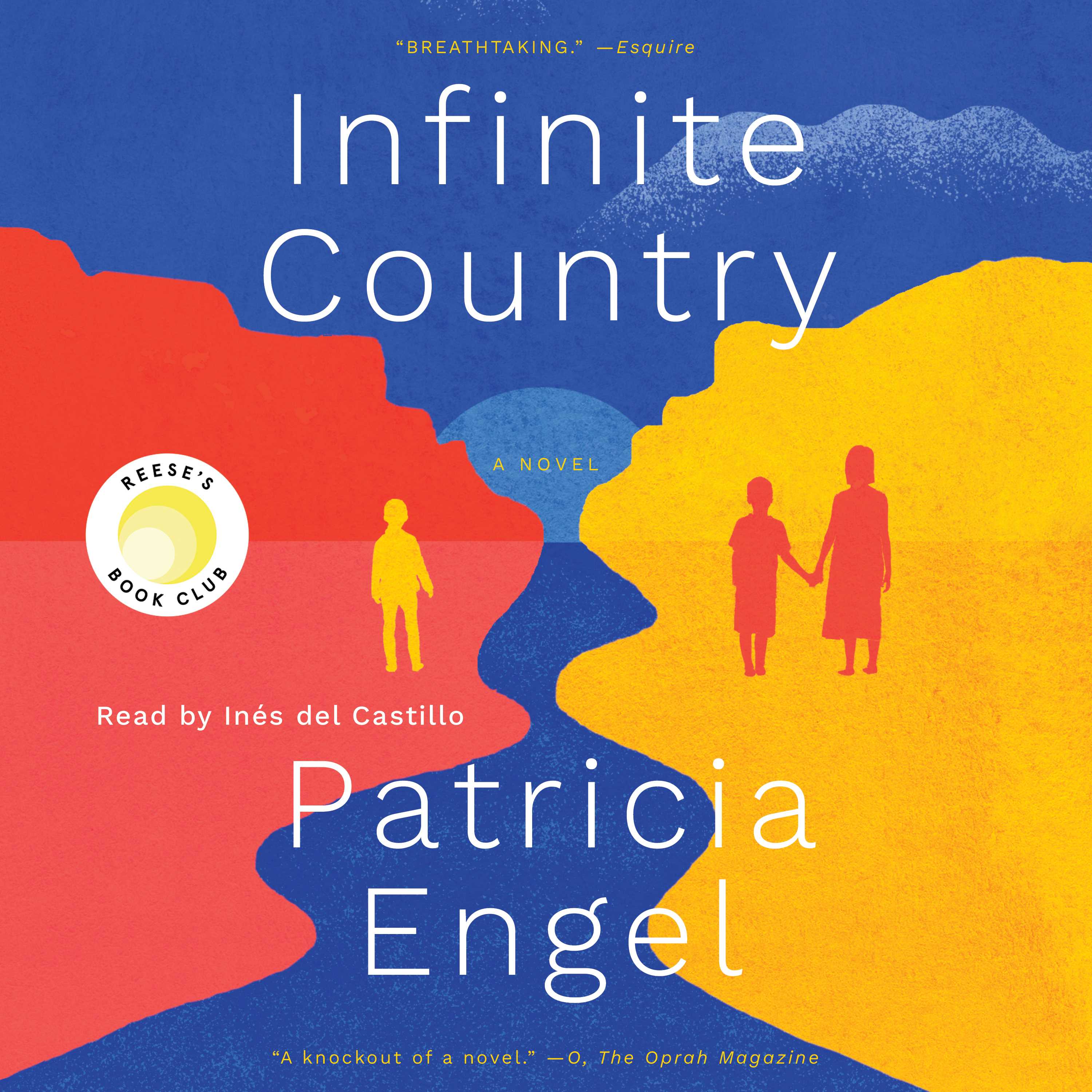
Do we hear the word undocumented and view it as a disease to be avoided? Why do we use a word like MINORITY to refer to people? Do humans have genetic relationships or comfort zones in the lands of their birth? What about animals? How much are human beings like other migratory beings? Fathers were often deported, resulting in heartbreaking family dynamics.

Why has the United States so often separated immigrant families? This is not a NEW phenomenon, as illustrated in this book. Are babies burdens? What about middle-class family planning in the US and forced sterilizations in Colombia? Who are the victims and villains in the immigration sagas? The United States is a nation at war with itself. Some of the ideas that I jotted down while reading include: Yet, it is unclear whether it is naivete or passion that draws people such as this family to desire a life in the states. The two worlds, Bogota, Colombia, and so many places in the United States, are rife with violence. Talia and one of her three siblings is an American citizen, and through the narrative, we view the inner turmoil of being a child of two worlds. Mauro and Elena, Talia’s father and mother, emigrated legally from Colombia to the United States, but Mauro is eventually deported. It is clear that Infinite Country focuses on the United States’ immigration policies, past and present, and forces us to consider why our great country is still viewed as paradise by so many people in other countries. However, I now believe that the author skips around in the timeline so that the reader will get her message, not get attached to characters.

I kept thinking that my mind had wandered, and I missed something. Nuanced, dimensional characters exist to provoke emotional responses, not intellectual ones, which tells me Engel is out for both.” I was glad to have read this review before listening to the audiobook narrated by Ines del Castillo. But these ideas aren’t abstractions, and Engel’s characters aren’t flat. Its fragmented, summary-focused form clearly prioritizes ideas - how do we define home? Family? Safety? - above all else.

Her ultimate goal is to rejoin her mother in the USA.Īccording to Lily Meyer’s review for NPR, “ Infinite Country is not meant to center on character. The book begins as Talia, a 15-year-old, locks up a nun, escapes from a reform school in the Andes, and travels across Colombia, where her father lives. Wow! Patricia Engel has packed much to think about into a succinct novel.


 0 kommentar(er)
0 kommentar(er)
